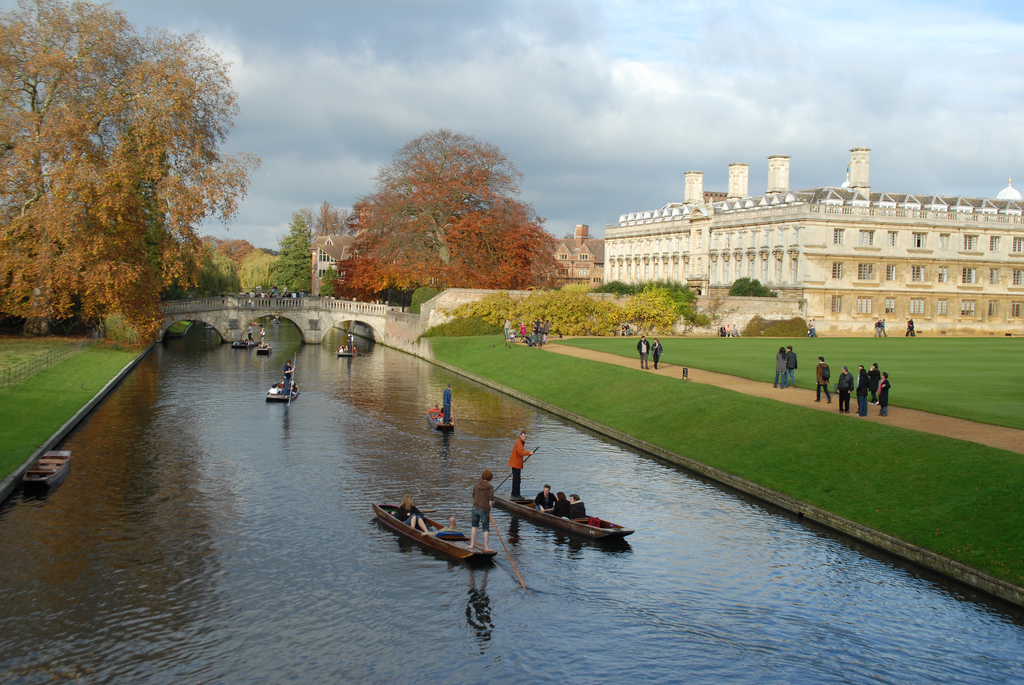University of Oxford
Oxford is a city in South East England and the county town of Oxfordshire. It has a population of approximately 150,200. REQUEST INFORMATION
KEY INFORMATION:
Oxford is just under one hour’s drive to Heathrow Airport and there is an airport bus service which runs every 20 minutes. Heathrow is one of the UK's major international airports with flights to Dubai, New York, Frankfurt and Dublin amongst more than 180 other destinations. Road and rail links are good and Oxford is approximately 70 miles from London.



UG 12500
PG 13000



Six steps to University of Oxford
Our method to your success
FREE CONSULTATION MEETING
REPORT & INSTITUTION SHORTLIST
APPLY & RECEIVE AN OFFER
WOO HOO! YOUR OFFER IS ACCEPTED
ARRIVAL & POST ARRIVAL SUPPORT
WE ARE WITH YOU EVERY STEP OF THE WAY
LOCATION:
Known as the “city of dreaming spires” - a term coined by British poet Matthew Arnold - Oxford is world famous for its university. It also has a broad economic base with industries including motor manufacturing, publishing, IT and science based businesses. With its mix of ancient and modern, Oxford is busy and cosmopolitan with plenty of restaurants, galleries, theatres and museums.The average lowest temperature in and around Oxford is 3 degrees in January, the average highest temperature is 22.5 degrees in July.
REQUEST INFORMATION..

Request Information - University Courses
HISTORY:
There is evidence of teaching in Oxford from 1096, which makes the University of Oxford the oldest university in the English speaking world. From 1167 onwards the university grew when Henry II banned English students from attending the University of Paris. Disputes between students and Oxford townspeople in 1209 led to some academics leaving to establish a university at Cambridge. These two universities are frequently jointly referred to as “Oxbridge”.The University of Oxford is a collegiate research university.The university is made up from a variety of institutions, including 38 colleges and a full range of academic departments which are organised into four divisions: Humanities; Mathematical, Physical & Life Sciences; Medical Sciences and Social Sciences.The University of Oxford operates the largest university press in the world and the largest university library system in the United Kingdom. Twenty six British Prime Ministers were educated at Oxford, including William Gladstone, Clement Attlee and most recently, David Cameron.
LOCATION:
The University of Oxford is a city university with colleges and other buildings and facilities spread throughout the town. Oxford is a very compact city and the majority of colleges are within walking distance of the city centre.Each college has its own student union and many students socialise within their own college and have lectures in their own college buildings too.The main sports complex at Iffley road is about 1.5 miles from the city centre. There is a cycle track to the complex and regular buses also run between the 2 locations. There is also a Student Union Safety Bus available for students who cannot afford or are not able to make their own way home at night.
RANKING:
University of Oxford is ranked 1st in the Times Higher Education rankings and is ranked 7th in the Shanghai Jaio Tong rankings. Oxford is a member of the Russell Group of universities.University of Oxford is not included in the National Student Survey Satisfaction rankings for 2021.
INTERNATIONAL:
There are approximately 11,300 international students at Oxford, from more than 160 countries, representing about 44% of all students.
SIZE:
There are a total of just over 25,550 students studying at Oxford. There are over 12,500 undergraduates and over 13,000 postgraduates.
EMPLOYMENT:
93.4% of Oxford’s graduates enter directly into work, further study or training within 6 months of graduation (source:HESA). A breakdown of post graduation employment by course, showing the split into professional/managerial positions, rather than general employment figures, is available from Unistats an independent source of university data. For more information, please visit the REF Information page.
FACILITIES:
The University of Oxford has more than 200 societies for students to join including Brass Band; Archeology; Gregorian Chant; Juggling; Photographic and the renowned Oxford Union Debating Society.Dedicated sports facilities include the Rosenblatt Swimming Pool, the Sir Roger Bannister Running Track and the Marston Road venue which gives priority to women's sport. A further facility, the Iffley Road Sports Centre, is currently under an extensive refurbishment programme. Sports include football, cricket, rowing, badminton, tennis, swimming, martial arts and fitness classes.
ACCOMMODATION:
All undergraduate students receive a room at their college for their first year and one other year of their course.The lowest price for a single room with shared bathroom and kitchen facilities is £157.08 per week.There is no catered university accommodation.
COST:
International students
International undergraduate tuition fee examples:
Fees for full time undergraduate courses start at £29,500 for most Arts & Humanities subjects, and rise to £39,010 for most Science and Engineering courses. Medicine - Years 1-3 are £36,800, and years 4-6 are £48,600.
SUBJECT AREAS:
REF (Research Excellence Framework) was an independent government review conducted into the quality of research at UK universities and published in December 2014. This information highlights subjects of specialism within each university. We have listed all subject areas where at least 60% of the research conducted in these specific fields has been graded 3 or 4 stars. (4 stars being the highest ranking REF award). For more information, please visit the REF Information page.
ONLINE COURSES:
The University of Oxford’s Department for Continuing Education offers more than 90 distance and online courses across a wide range of subjects from Archaeology to Law, some of which lead to University qualifications.
LIFE AT University of Oxford
We have been helping overseas students gain entrance to University of Oxford for a number of years now, progressing to high profile careers in the UK. Find out more about this school below.
Review
Coming Soon
 LOOKING FOR AN ONLINE COURSE?
Our team can help you find a relevant course for your study.
BOOK A CALL
LOOKING FOR AN ONLINE COURSE?
Our team can help you find a relevant course for your study.
BOOK A CALL
DOWNLOAD YOUR FREE GUIDE TO A QUALITY UK EDUCATION
Sign up to our free Newsletter and you'll get a free copy of our guide to accessing a UK education to help you navigate the entire process.
REQUEST INFORMATION..
Get free instant access to exclusive content and join our monthly email guide
We’re with you every step of the way and will keep you updated on the latest UK education news. Find out more about joining.
